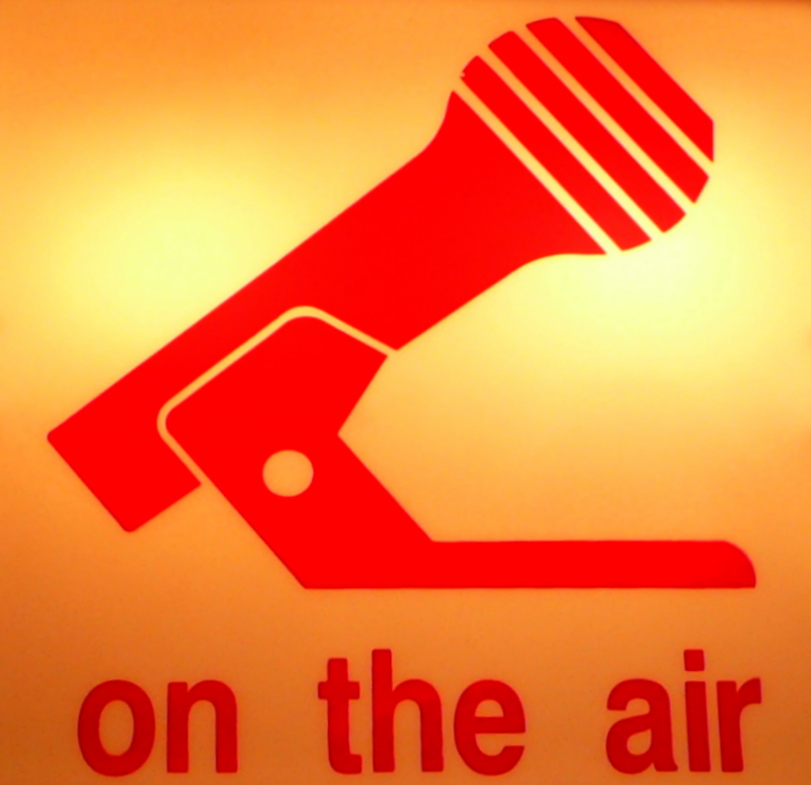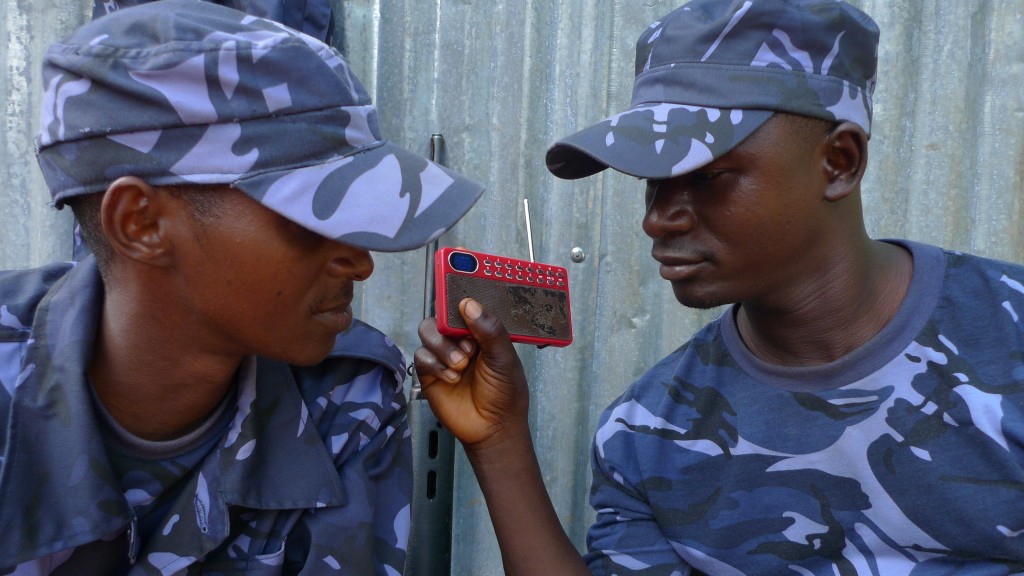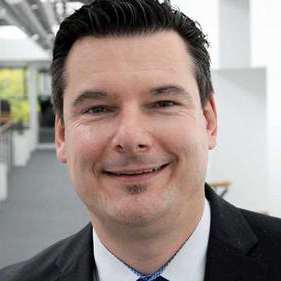Strengthening community radio

Photo (cropped): PatCastaldo/Flickr
With their focus on local news and local issues, community radio stations can play a crucial role in providing independent information to communities. Localized content is vital regardless of whether an area has an established media landscape or is in a post-conflict situation with newly developing media.
DW Akademie project manager and media consultant Rüdiger Maack works closely with community stations in Tunisia where he is based. Maack shares some tips with onMedia about how community radio stations can increase their viability.
What makes a community radio successful?
If a community station is to be successful, then the same rules apply to every station on the planet. This is true whether we are talking about community radios in Germany or France, where they are often amateur-run stations aimed at a small audiences, or somewhere like Tunisia, where such stations are the only alternative to state media in many regions.
– the station needs to be close to the listeners
– the station doesn’t have the right to bore its listeners
– the station needs to have a mixture of content that it wants to pass on to the listeners and what the listeners are actually prepared to listen to. That means it needs to find a balance between more serious and lighter elements so that listeners don’t switch off.
You said being close to the listeners is essential. What do you mean exactly?
Let’s say I live in a particular city. First of all, I need to find out what doesn’t already exist here – what are the topics that other media don’t cover. The second question is then: does this topic interest me? If it doesn’t, I had better abandon the idea immediately. Thirdly, assuming I want to go ahead and launch a radio for this particular segment and I think there is a demand for it and that the listeners will find it interesting enough to tune in, can I actually meet this demand with my limited financial means? And last but not least – will I find enough other people who are enthusiastic enough to actually start the adventure together with me?

Community radio is important – all around the world (Photo – Kate Hairsine)
If your financial means are limited, what can you do to make your community station viable?
It depends on the country and the legal framework. But very often, community radios are run by an association, with the members ideally paying a fee that covers at least part of the station’s costs. In many countries or cities, there might be some sort of funding available. Try to find support. If you can convince your community that the station is important, maybe they will find a space for you that you can convert into a studio, or pay your electricity bill, or offer free internet or a technician who can check your equipment. In some countries, you are also allowed to run advertisements on community radio. In short – you need a lot of improvisation and creativity, also in terms of money.
Can you give us an example of the kind of creativity you are talking about?
In Tunisia, I have seen some really creative examples of how to create public attention, which heightens the chances of attracting funding. For example, most radios here start up on the web before getting access to a FM frequency. One of our partners simply put its shows on onto USB sticks and handed them out to coffee shop owners, and taxi and bus drivers in the region. Another station we work with is now broadcasting on FM. They are looking for private funds so they need to be able to prove to potential advertising clients that people in the region actually listen to them. But they don’t have money to make a study. So one afternoon the presenter said to the listeners – “Wherever you are now, if you are in your car and listening to us, I’ll count to five, then everybody start honking”. And people did. The boss recorded what happened from the office balcony in the center of town and now they show the video to potential clients to prove how big the audience is.
Is broadcasting on the internet also an advantage?
I don’t think that any radio can do without a website today. In Tunisia, and in many other countries, community stations can make use of the fact that very often, large parts of the community live abroad but are still very attached to their community, more so than to their home country. So if they find local information on the internet, they might also be willing to support the station financially. Or you can turn it around and ask them to participate and produce a show for the radio from abroad.
 Rüdiger Maack is a seasoned journalist who spent many years working for German public radio, including a four year stint as a correspondent and studio head based in Rabat, Marocco. Maack has now returned to Northern Africa where he is now heading DW Akademie’s office in Tunisia. Maack has previously contributed to onMedia where he talked about the difficulties of interviewing a former rebel leader in Liberia. You can also read about how Maack sees the social changes happening in Tunisia.
Rüdiger Maack is a seasoned journalist who spent many years working for German public radio, including a four year stint as a correspondent and studio head based in Rabat, Marocco. Maack has now returned to Northern Africa where he is now heading DW Akademie’s office in Tunisia. Maack has previously contributed to onMedia where he talked about the difficulties of interviewing a former rebel leader in Liberia. You can also read about how Maack sees the social changes happening in Tunisia.
Interview by Sarah Mersch, edited by Kate Hairsine



